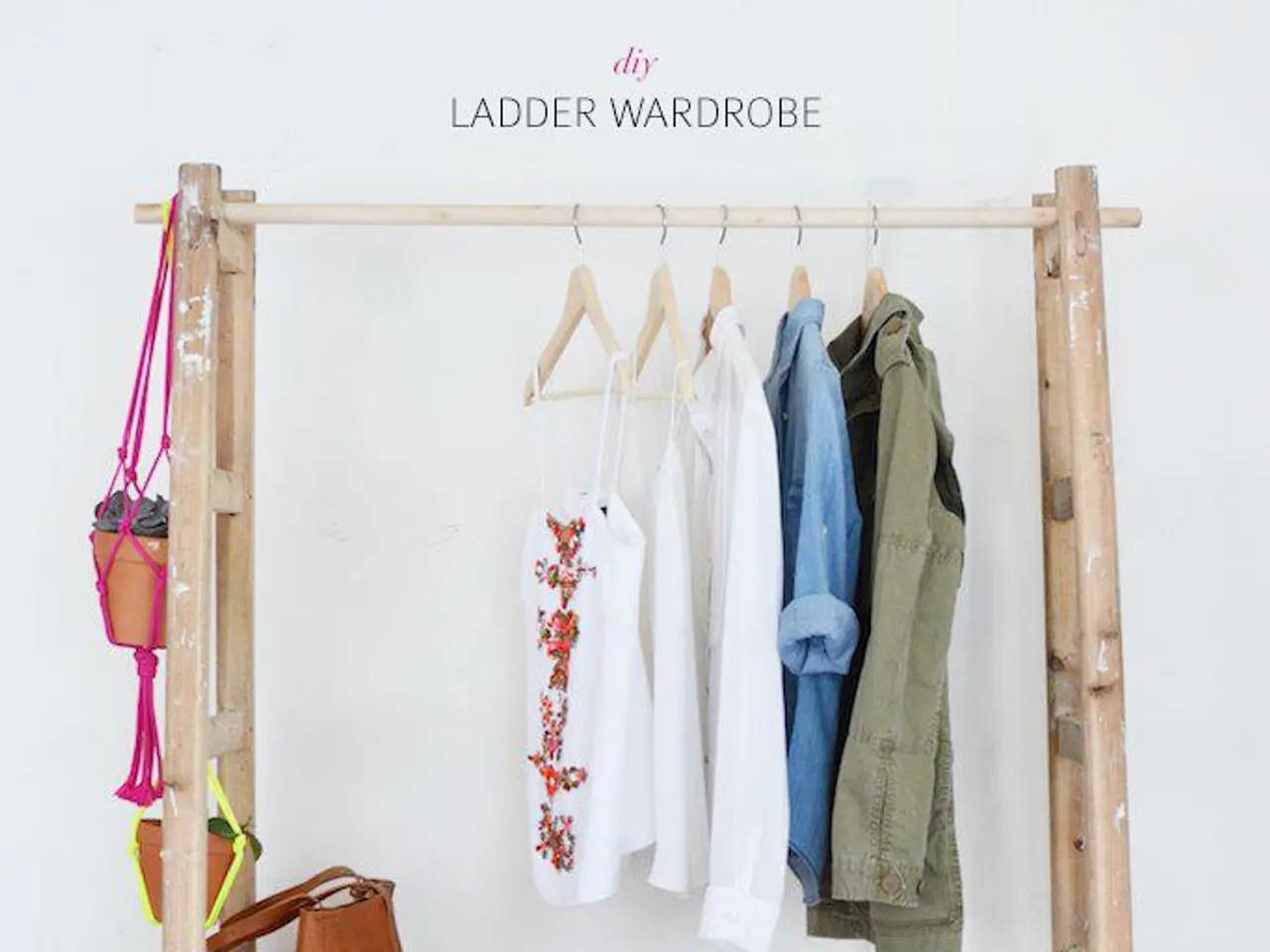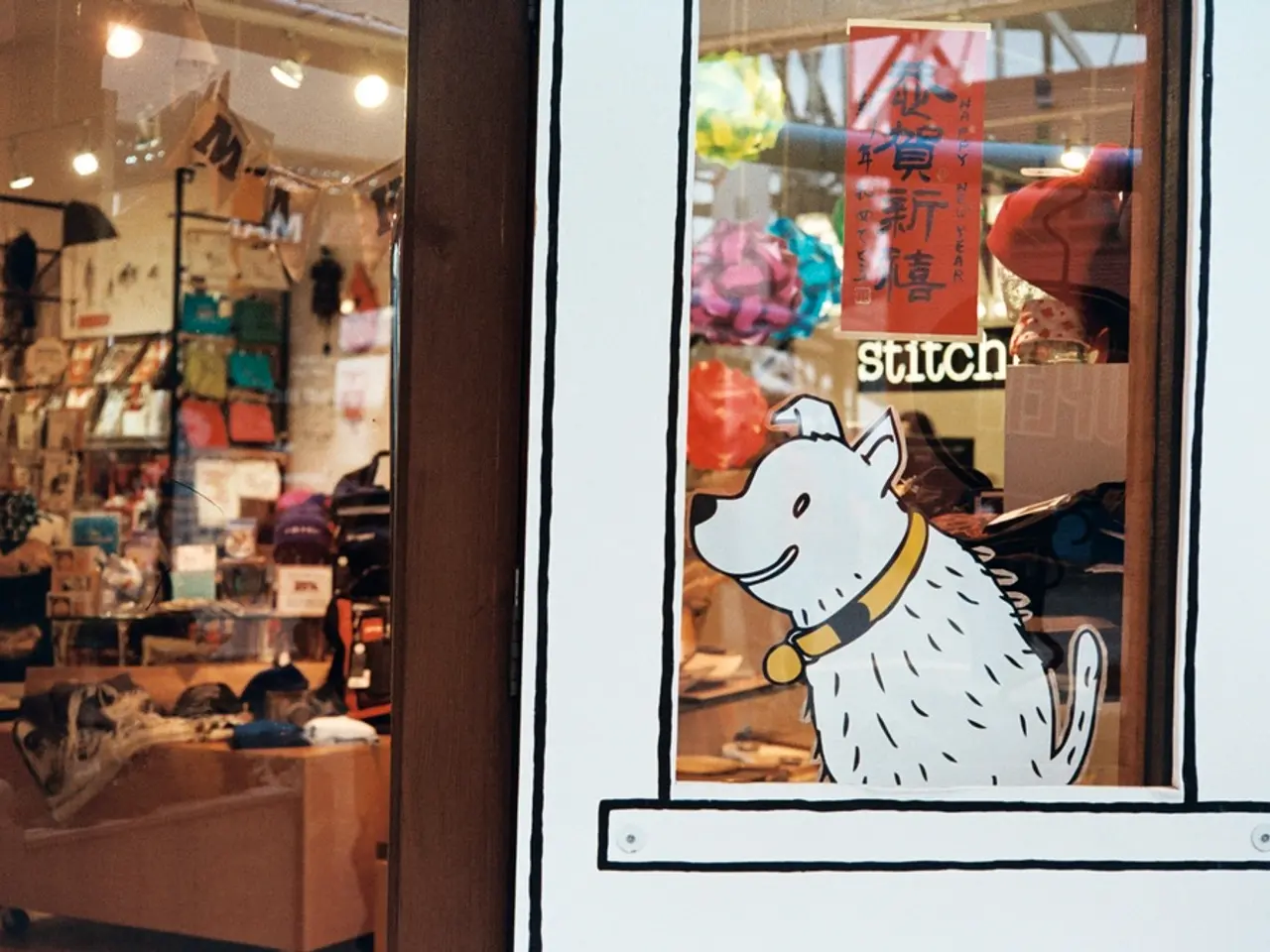Comparing the Eco-Friendly Choices: Organic Linen, Tencel, Bamboo, and Hemp for Sustainable Bedding
In the world of eco-friendly bedding, four materials stand out: organic linen, organic hemp, Tencel, and bamboo. Each offers unique benefits, but which one is the best choice for you?
Environmental Impact
Organic linen, derived from flax, is highly sustainable. It requires less water and fewer pesticides than cotton, and can be produced organically, minimizing chemical use. Hemp, on the other hand, is also very eco-friendly, needing little water and chemicals, and its natural antibacterial properties benefit sensitive users.
Tencel, made from sustainably harvested wood pulp, has a low environmental impact, thanks to a closed-loop process that recycles water and solvents. However, it is not always certified organic. Bamboo fabrics, while breathable and strong, can have environmental drawbacks due to the harsh chemical processing often involved, especially from Chinese sources.
Comfort and Performance
Linen is renowned for its breathability, moisture-wicking, and antiperspirant effects, making it comfortable year-round. Hemp bedding is thicker and has antibacterial and antiviral properties, favorable for allergy sufferers. Tencel sheets are known for their softness, smooth surface, and cooling properties, while bamboo fibers, especially well-processed lyocell bamboo, offer silk-like softness and excellent cooling capability.
Lifespan
Linen and hemp are both known for their durability, outlasting many other natural fibers. Tencel is durable but can be less strong over long periods, while bamboo lyocell’s lifespan depends on processing quality.
The Modern Dane and Made-By Environmental Benchmark
The Modern Dane offers organic linen duvet covers, sheets, and pillowcases, certified by GOTS and OEKO-TEX to ensure the highest standards of ethics, safety, and sustainability. The Made-By Environmental Benchmark for Fibres ranks organic linen and organic hemp as the most environmentally friendly, with Tencel Lyocell and bamboo lyocell receiving a lower rating, and bamboo viscose receiving the lowest rating.
Choosing Between Organic Linen and Organic Hemp
The choice between organic linen and organic hemp depends on whether one values comfort or durability more. Linen offers a good balance of comfort and durability, and can last for years if properly cared for. Hemp, while more durable, is slightly rougher than linen.
Sustainable Bedding Options: A Summary
In summaries from eco-friendly bedding experts and sustainable brands, organic linen scores very high overall for environmental sustainability, comfort (especially breathability and moisture management), durability, and lifespan, making it an excellent choice for bedding. Tencel offers a smooth, soft alternative with low environmental impact but is less durable. Hemp provides strong, antibacterial bedding but tends to be heavier, while bamboo bedding’s comfort is high when made with advanced, chemical-free processes, but sustainability concerns are still present depending on sourcing and production methods.
Additional Factors to Consider
If buying hemp, look for organic products that carry GOTS and OEKO-TEX certification. Industrial fertilizers and process chemicals are often used during hemp production. One hectare of cannabis plants can sequester 8 to 15 tons of CO2. All organic European linen bedding at The Modern Dane is Scandinavian-style.
In conclusion, when considering eco-friendly bedding, organic linen, organic hemp, Tencel, and bamboo all offer unique advantages. By understanding the environmental impact, comfort, performance, and lifespan of each material, you can make an informed decision that suits your needs and values.
Fashion-and-beauty enthusiasts may appreciate the sustainable and antibacterial properties of hemp, making it an eco-friendly choice for various apparel. Home-and-garden enthusiasts, on the other hand, could be drawn to the durability and breathability of linen for their linens and tablecloths, ensuring long-lasting and comfortable use.




